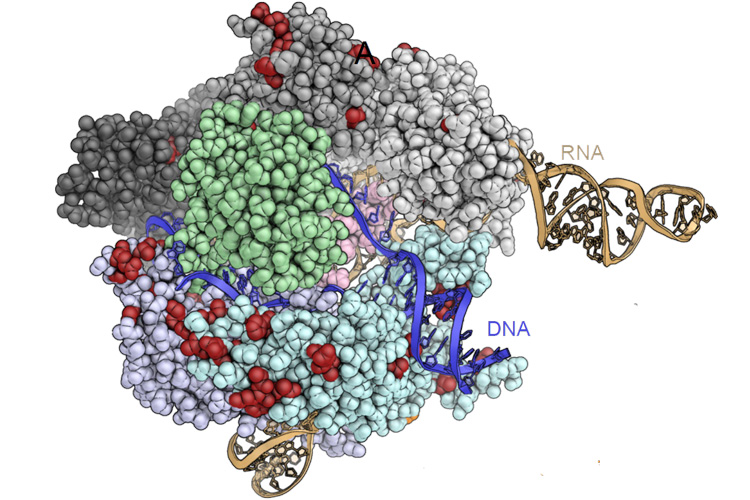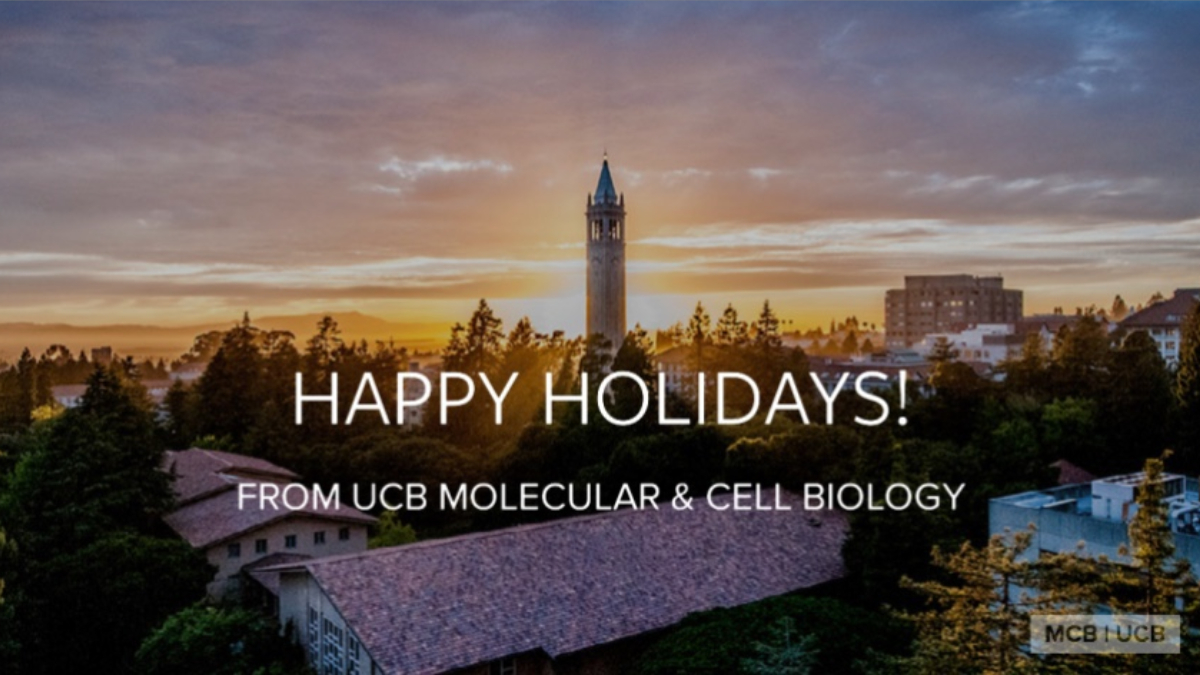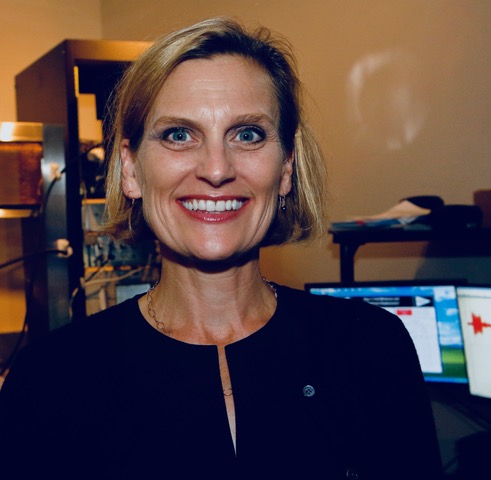It is with great sadness we report the passing of Jack Kirsch, who served as a Professor of MCB and Chemistry from 1964 to 2006 and as a Professor of the Graduate School in retirement. Jack was an esteemed scientist and a pillar of the campus community who will be greatly missed by all who knew and worked with him.
Jack received the UC Berkeley Edward A. Dickson Emeriti Professorship in 2016, a prestigious award that recognizes dedicated Emeriti who have made outstanding and far-reaching contributions to teaching, research, and public service. The award epitomizes the remarkable impact Jack had on the Cal community, from his groundbreaking research career in the field of biochemistry to his passion for teaching a freshman seminar titled "Sampling the Performing Arts at Berkeley."
In this time of loss, we as a community must remember how fortunate we are to have been influenced by Jack's great legacy. We offer our condolences to Jack's family and close friends.
Read Jack's obituary here


 We are excited to announce Ellen Lumpkin will join the MCB faculty in the Division of Cell & Developmental Biology this July.
We are excited to announce Ellen Lumpkin will join the MCB faculty in the Division of Cell & Developmental Biology this July.